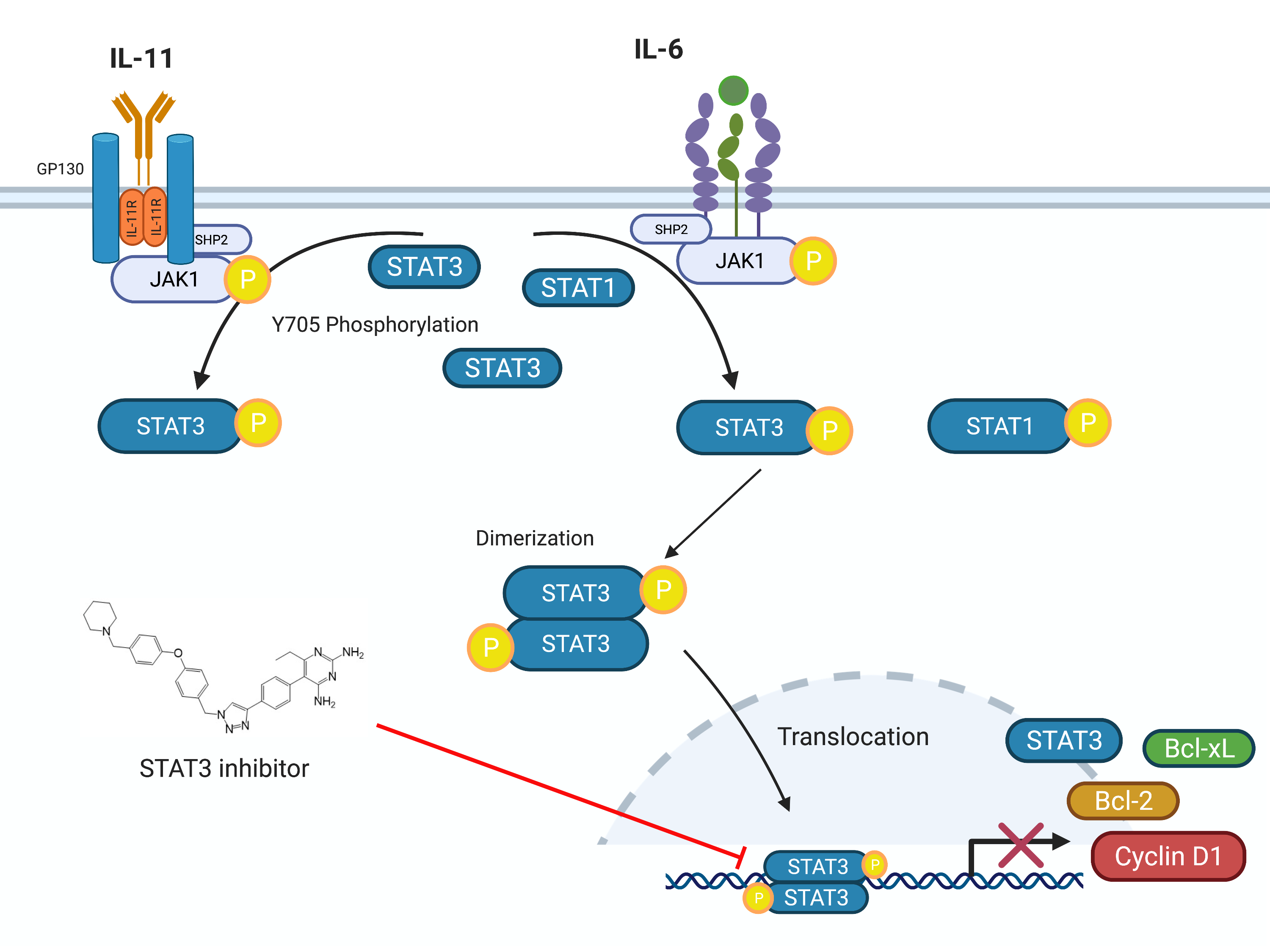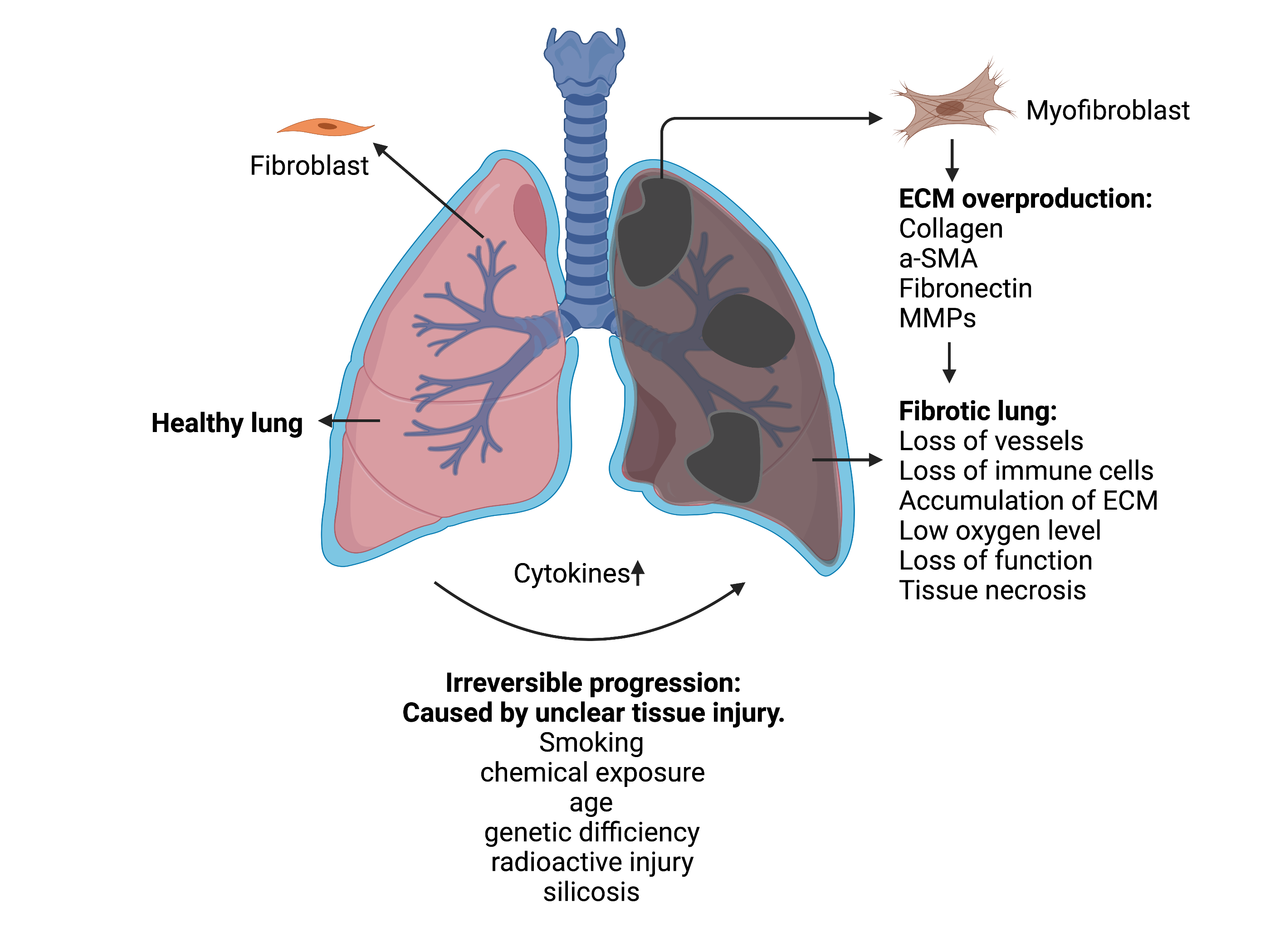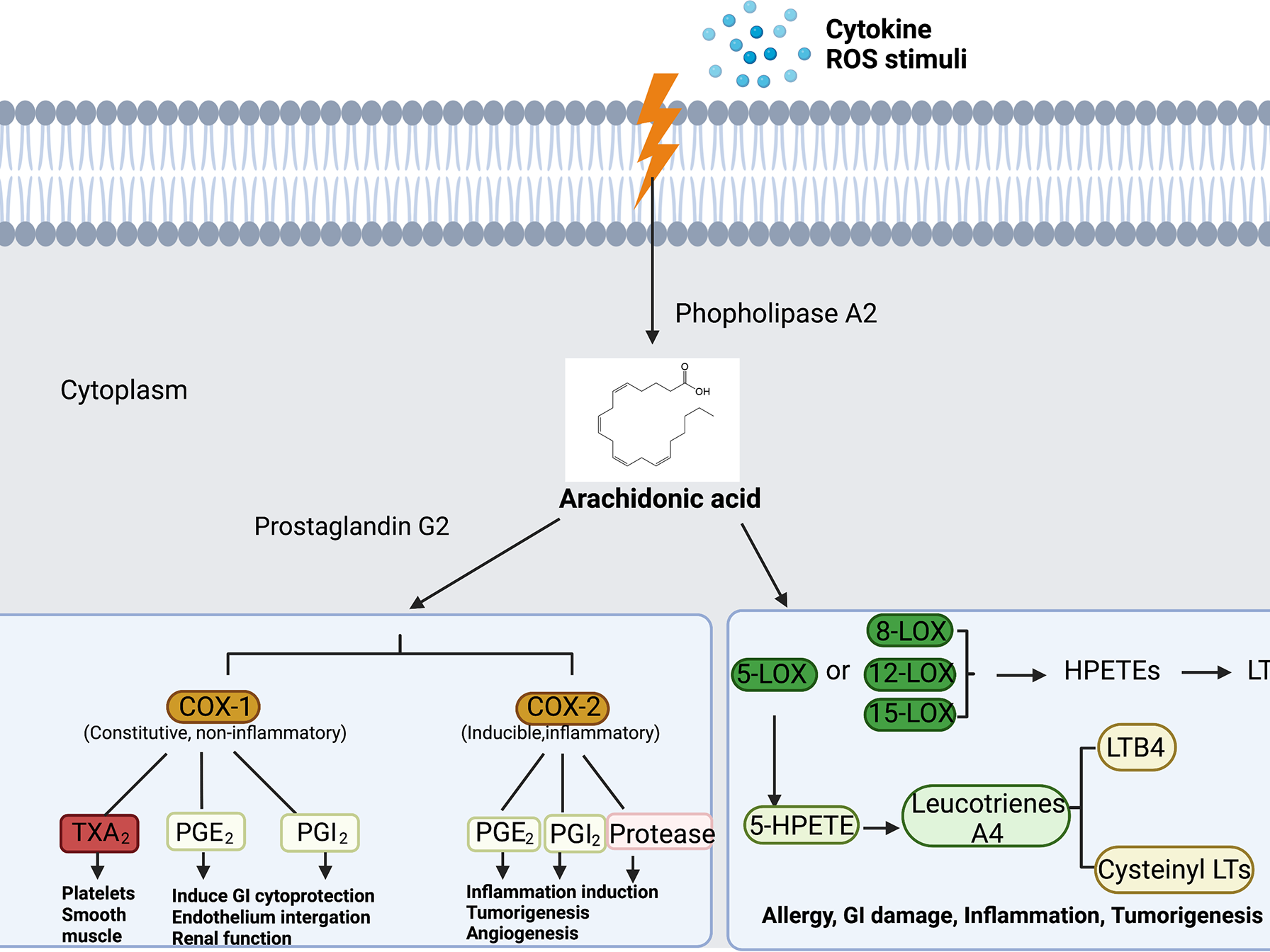Epigenetic Regulators-HDACi
Liver Cancer project
Hepatocellular Carcinoma is the most common type of Liver cancer and affect 80% of the cases. The HCC progression can be induced from fatty liver, alcohol, virus infection, genetic, smoking or more. The injured liver tissue which took long healing process may induce liver cirrhosis, one type of liver fibrosis and then lead to liver cancer. HCC can also be induced directly by the tissue inflammation. The HCC will cause liver function failure and there is no efficient way to reverse the progression.
Dysfunctions in epigenetic regulation play critical roles in tumor development and progression. Histone deacetylases (HDACs) and histone acetyl transferase (HAT) are functionally opposing epigenetic regulators, which control the expression status of tumor suppressor genes. Upregulation of HDAC activities, which results in silencing of tumor suppressor genes and uncontrolled proliferation, predominates in malignant tumors. Inhibition of the deacetylase activity of HDACs is a clinically validated cancer therapy strategy. However, current HDAC inhibitors (HDACi) have elicited limited therapeutic benefit against solid tumors. Here, we disclosed a class of HDACi that are selective for sub-class I HDACs and preferentially accumulate within the normal liver tissue and orthotopically implanted liver tumors. We observed that these compounds possess exquisite on-target effects evidenced by their induction of dose-dependent histone H4 hyperacetylation without perturbation of tubulin acetylation status and G0/G1 cell cycle arrest. Representative compounds 2 and 3a are relatively non-toxic to mice and robustly suppressed tumor growths in an orthotopic model of HCC as standalone agents. Collectively, our results suggest that these compounds may have therapeutic advantage against HCC relative to the current systemic HDACi. This prospect merits further comprehensive preclinical investigations.


